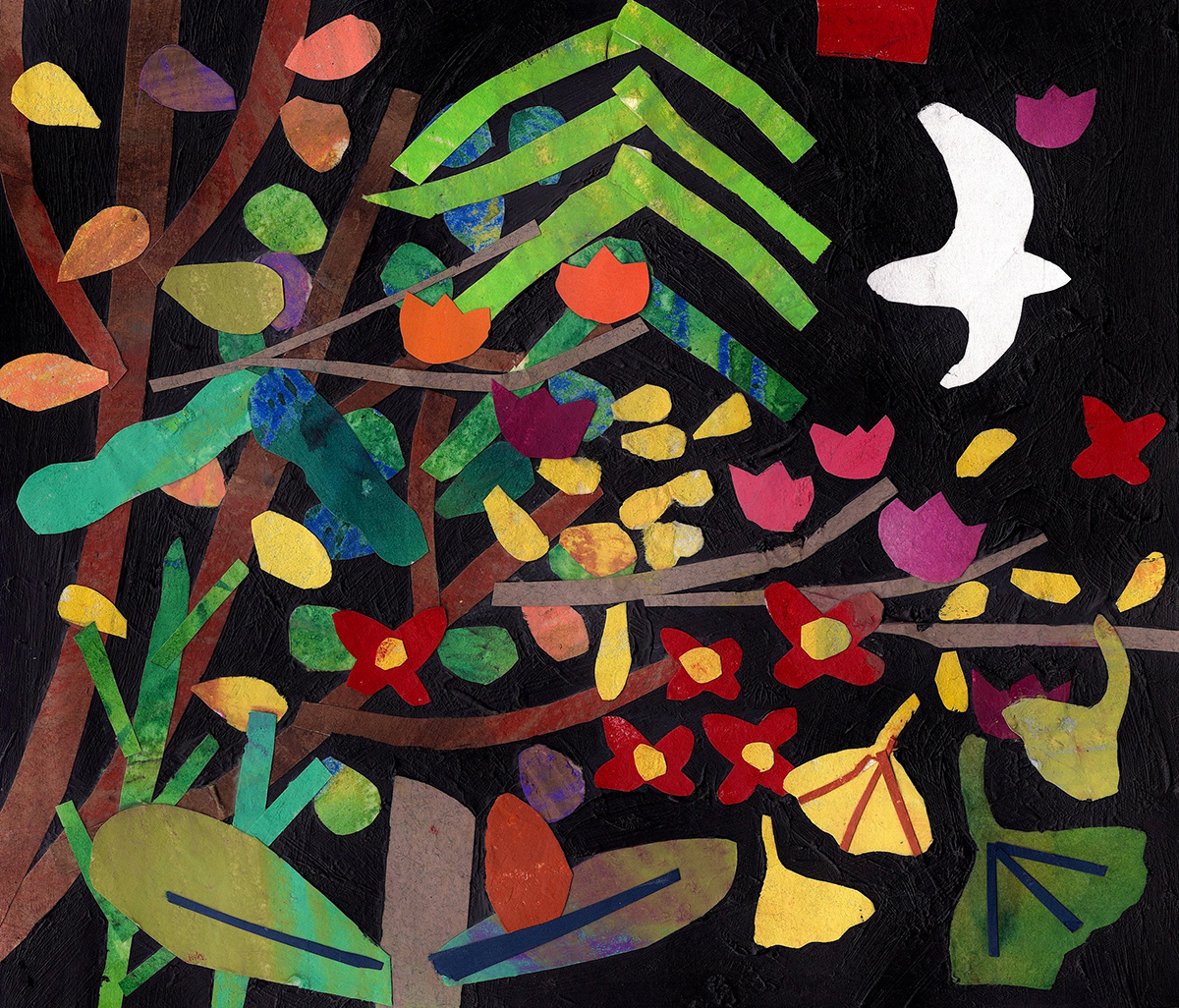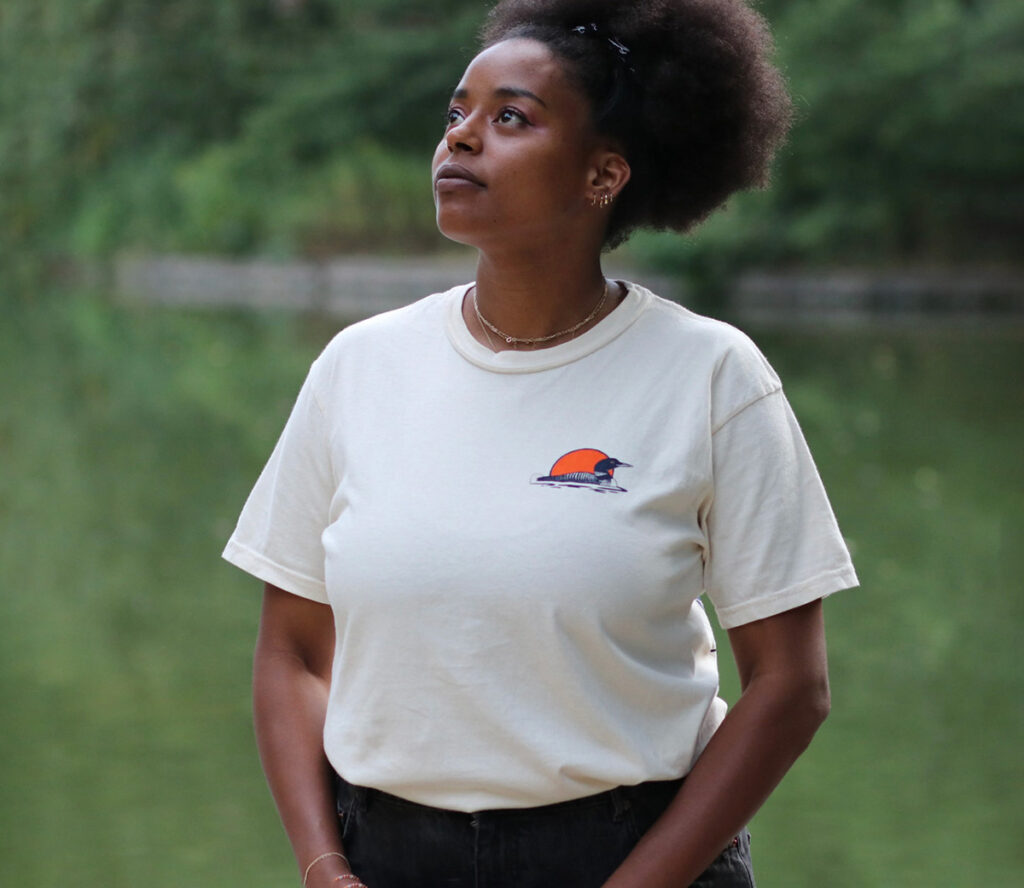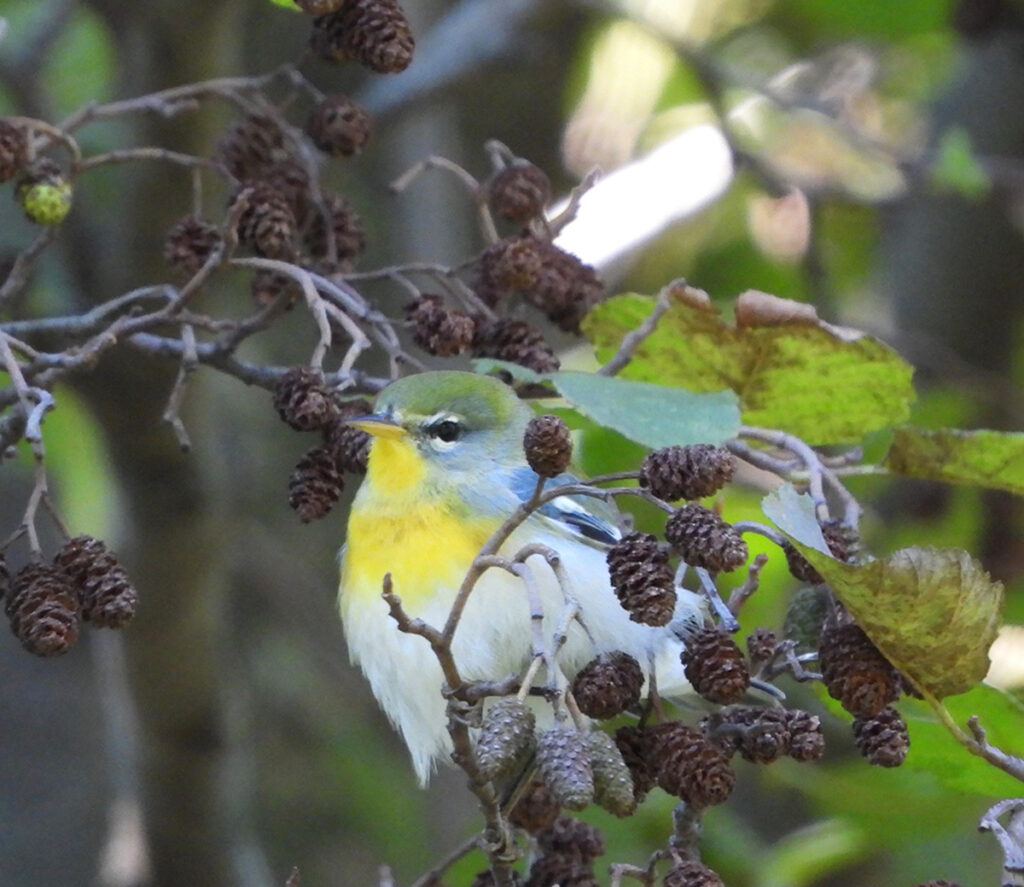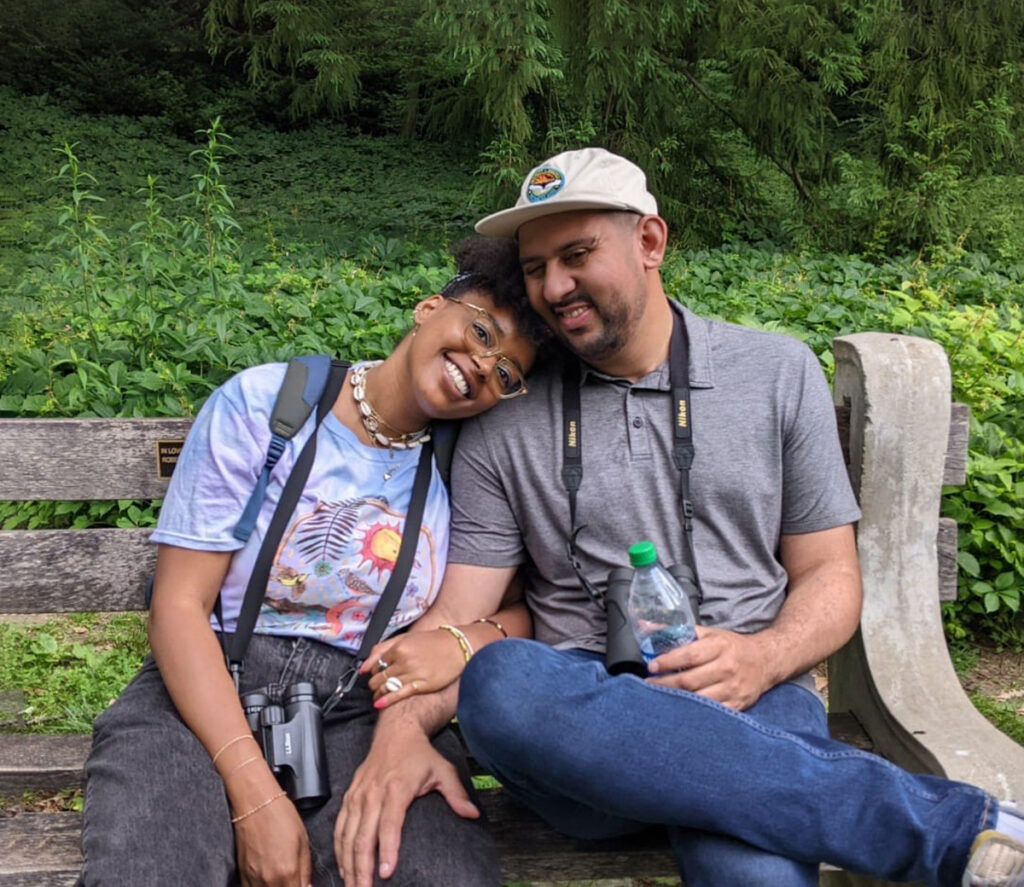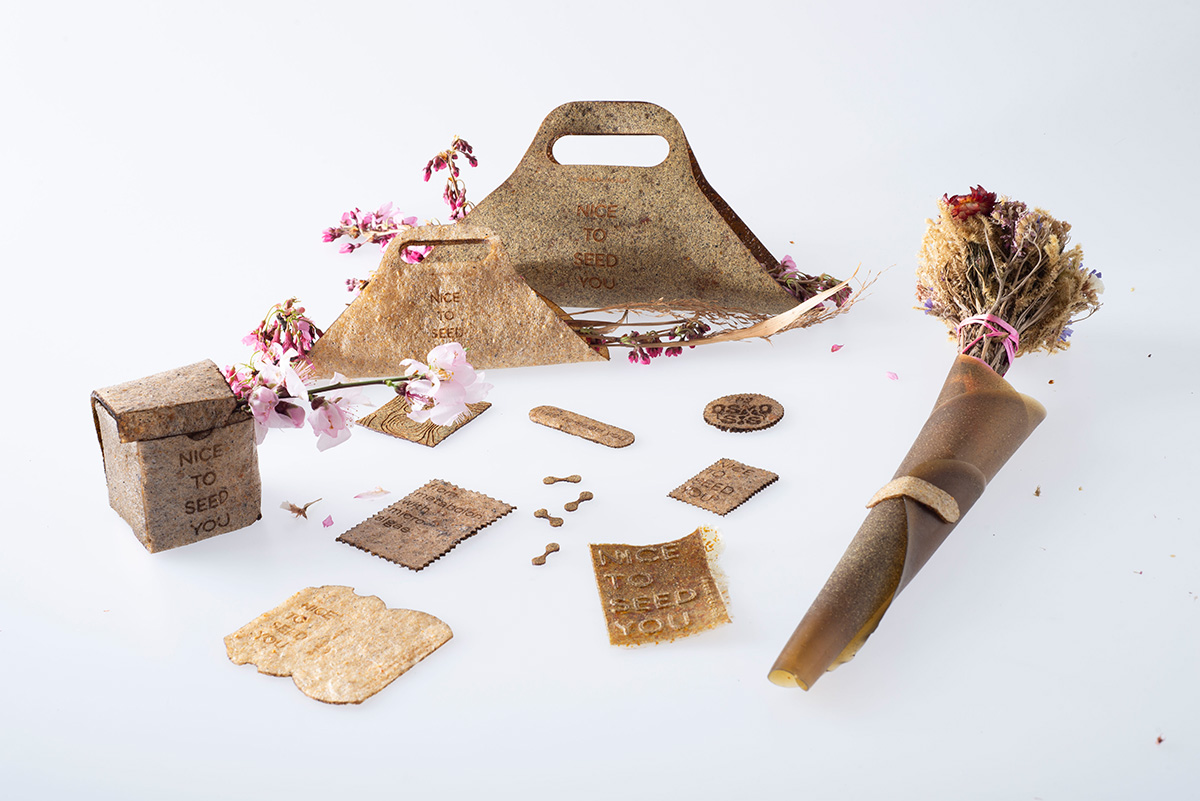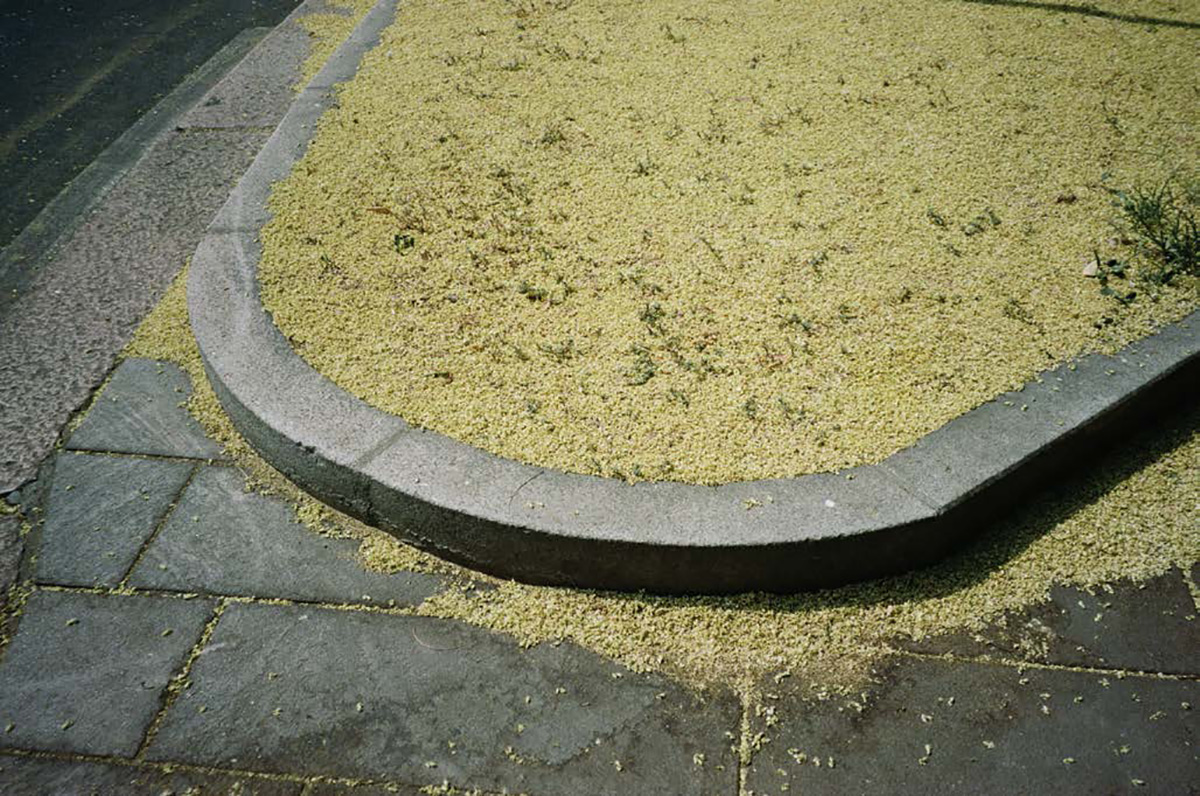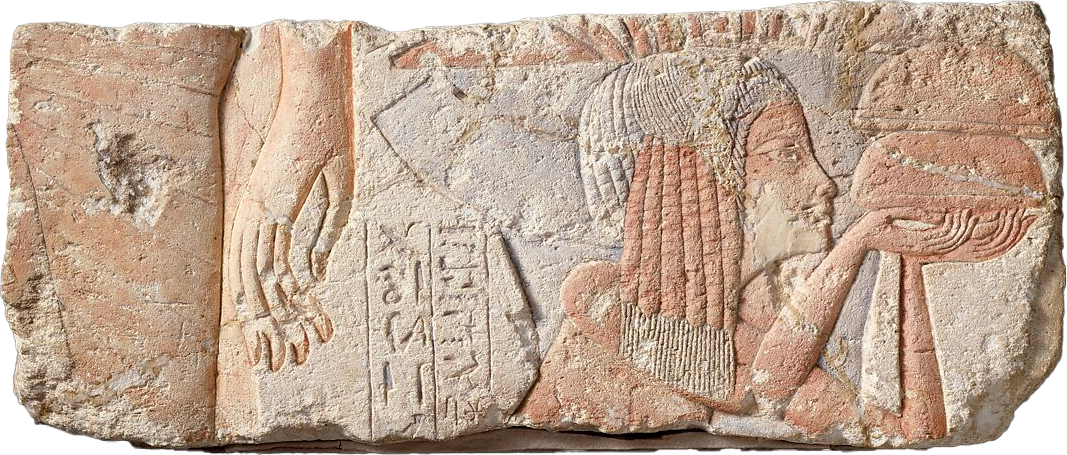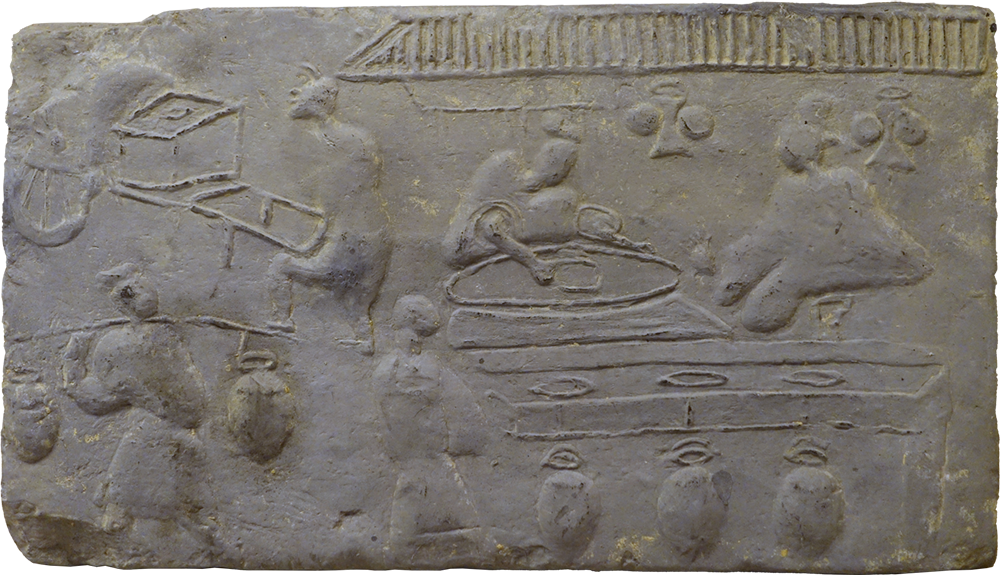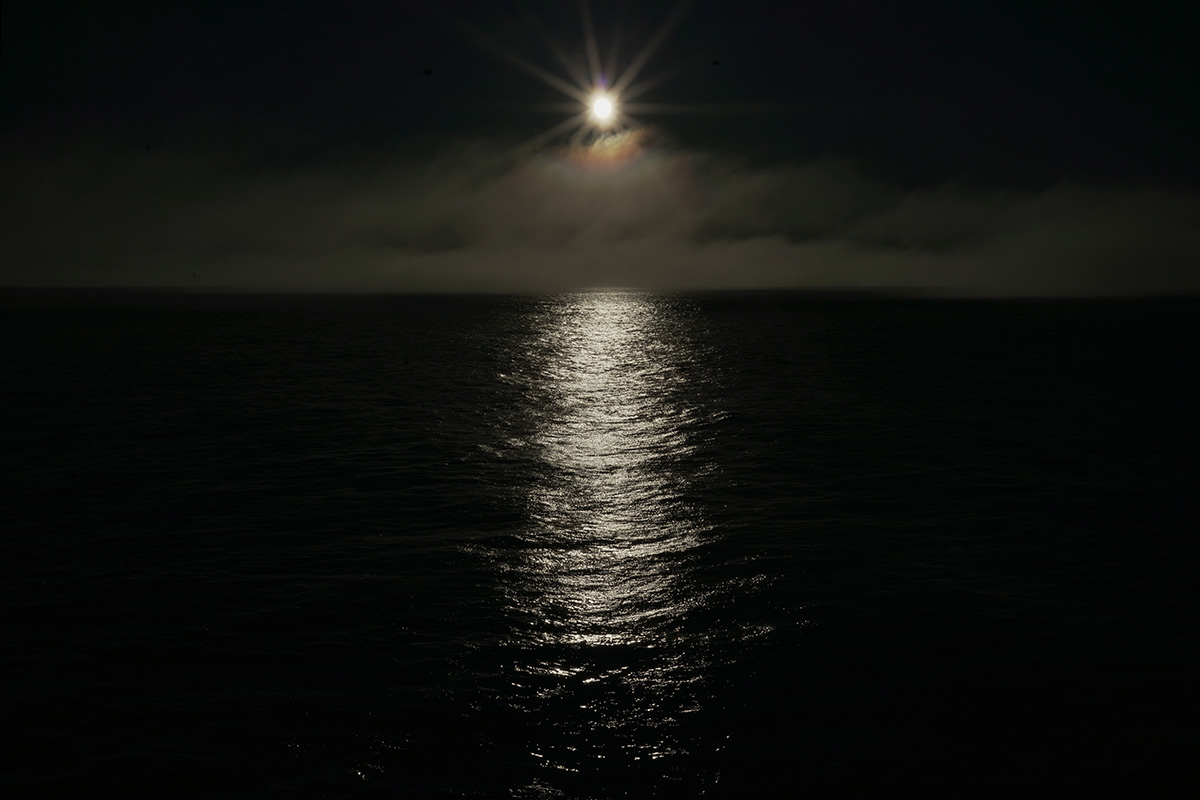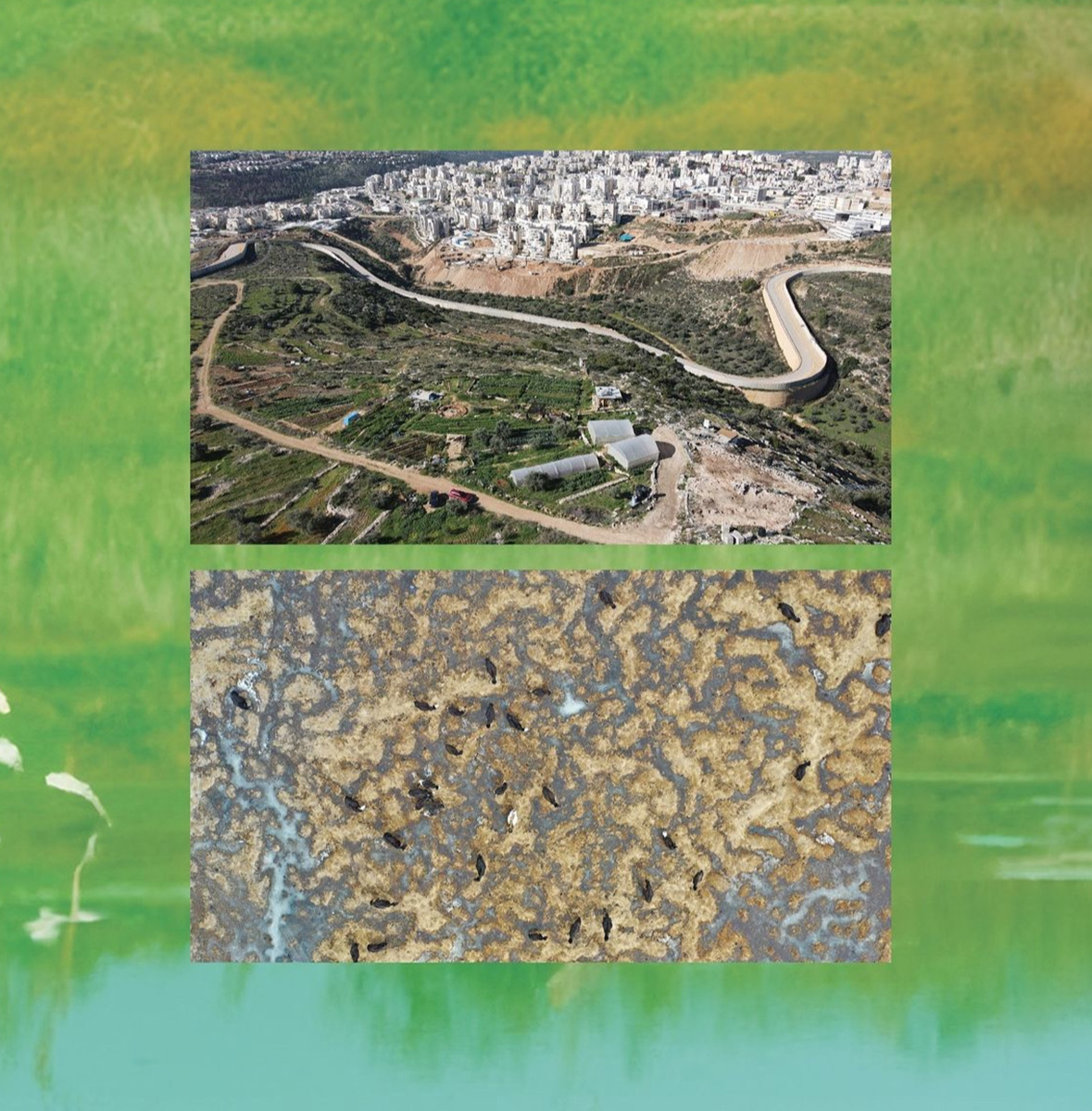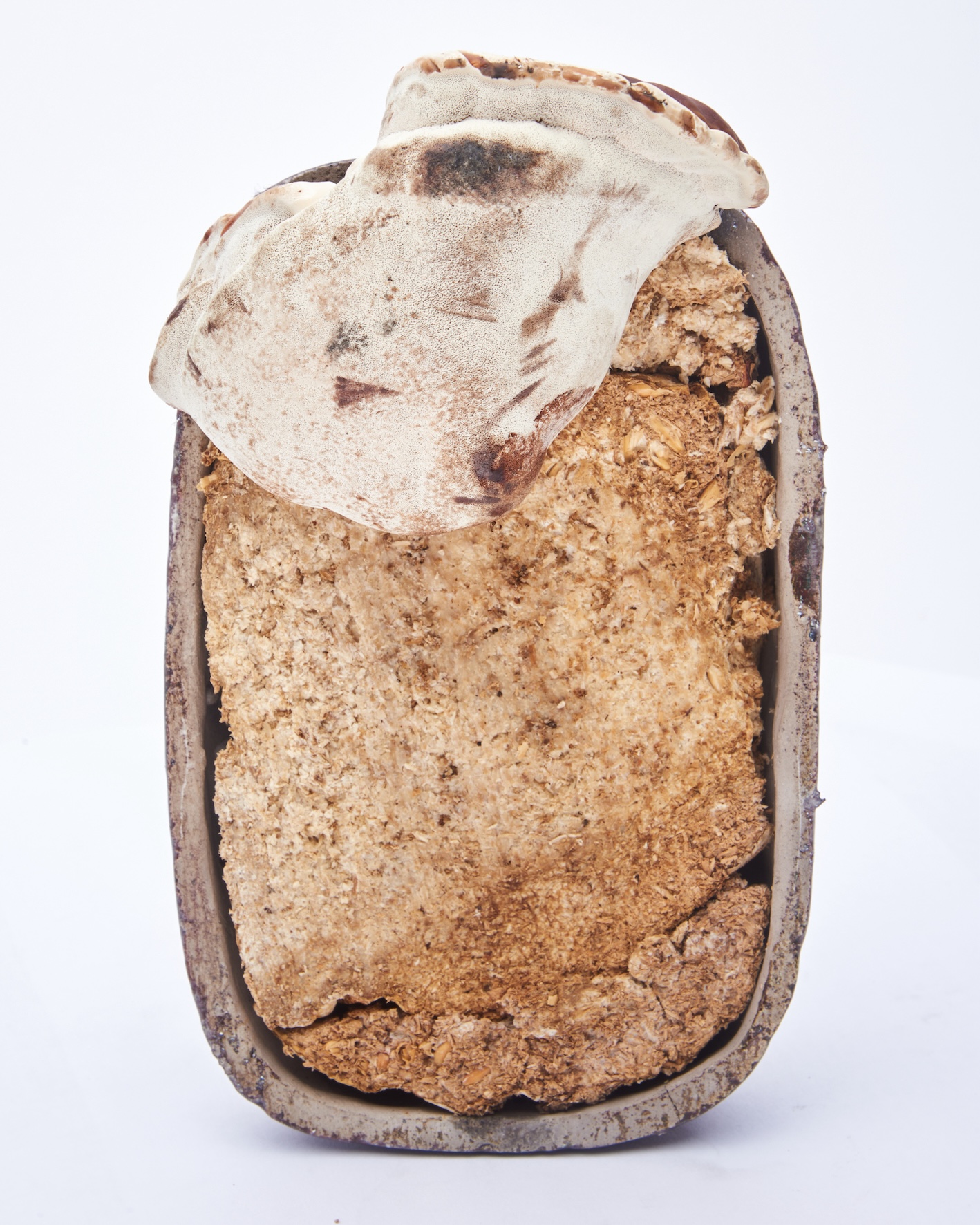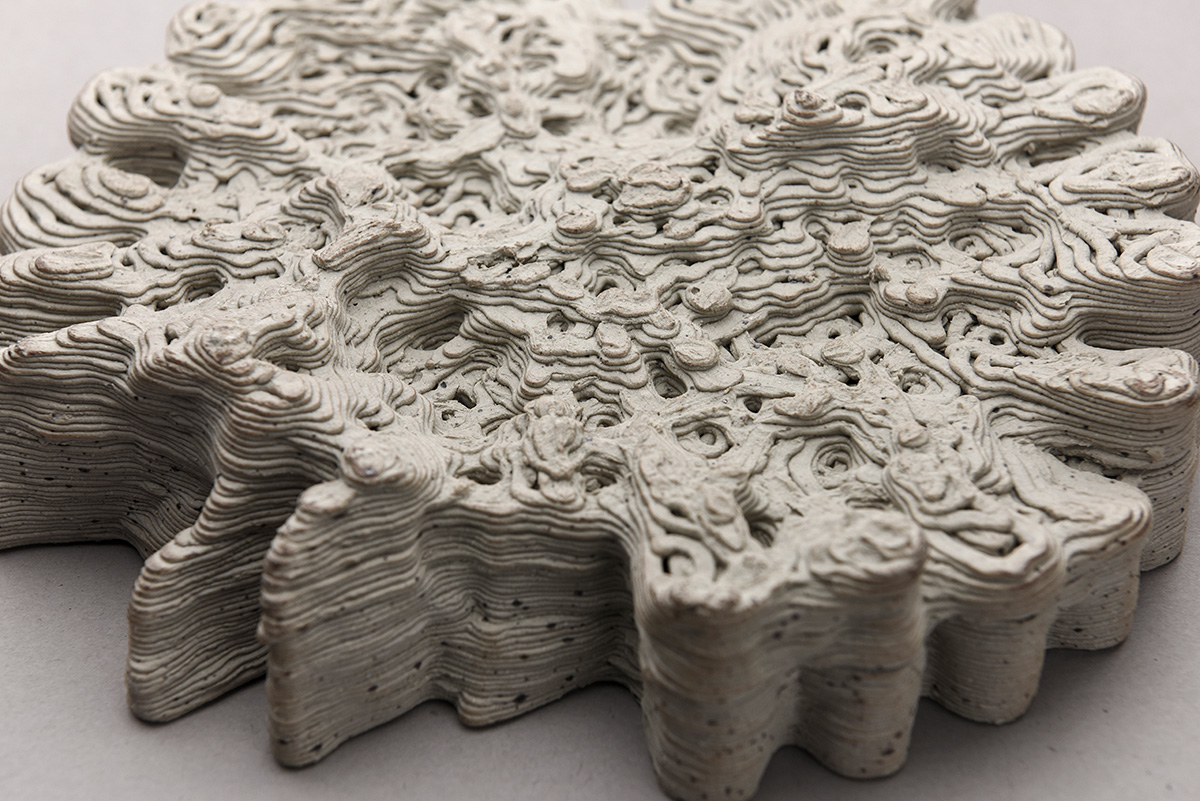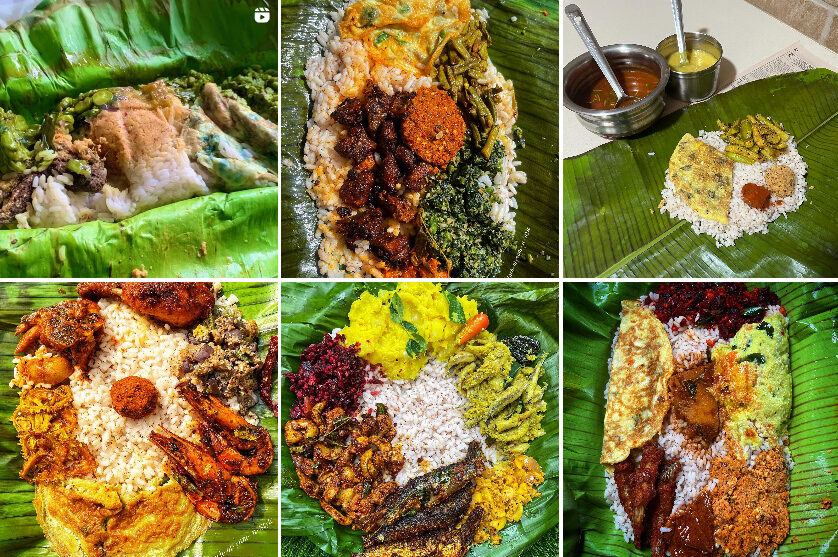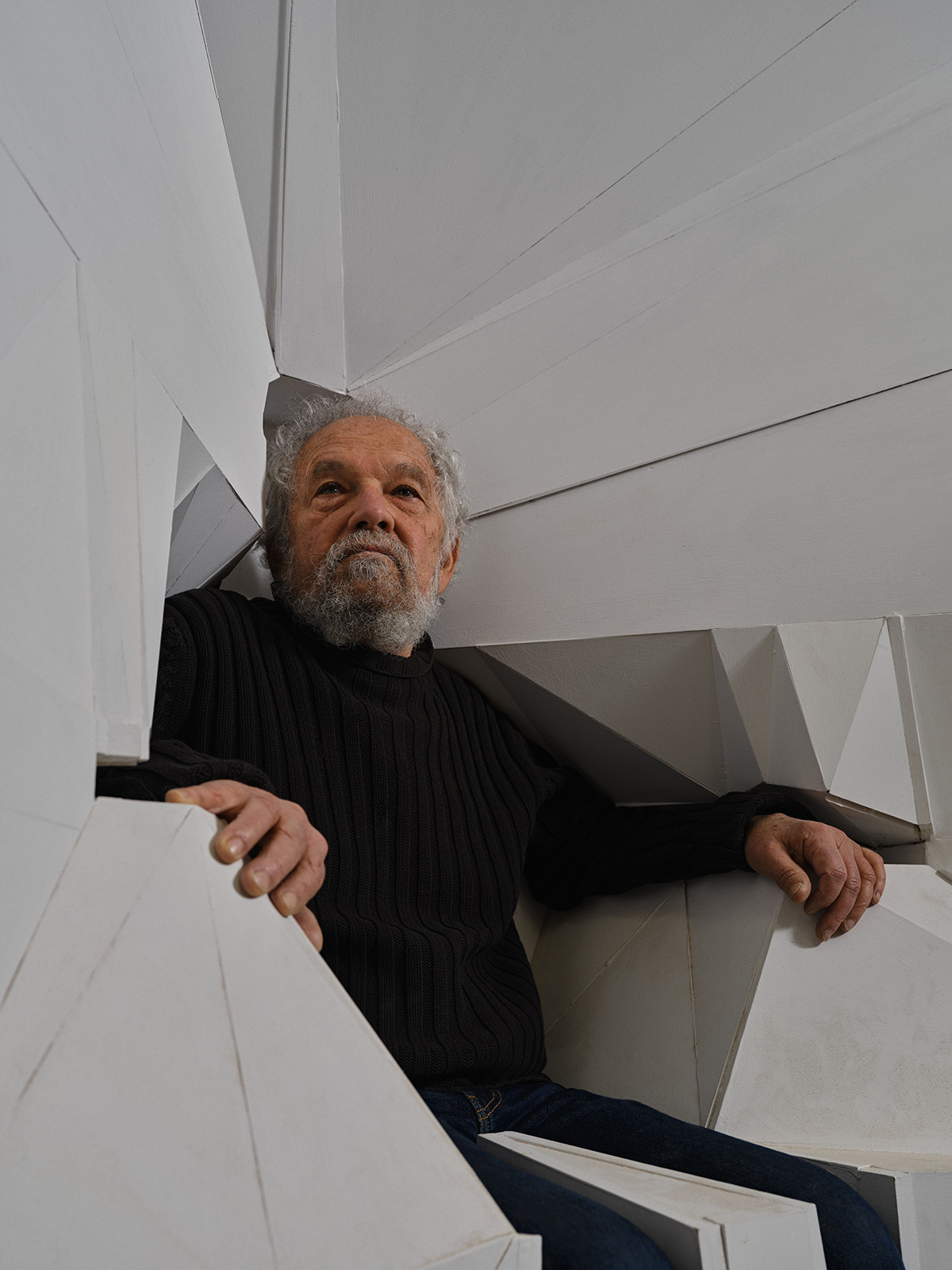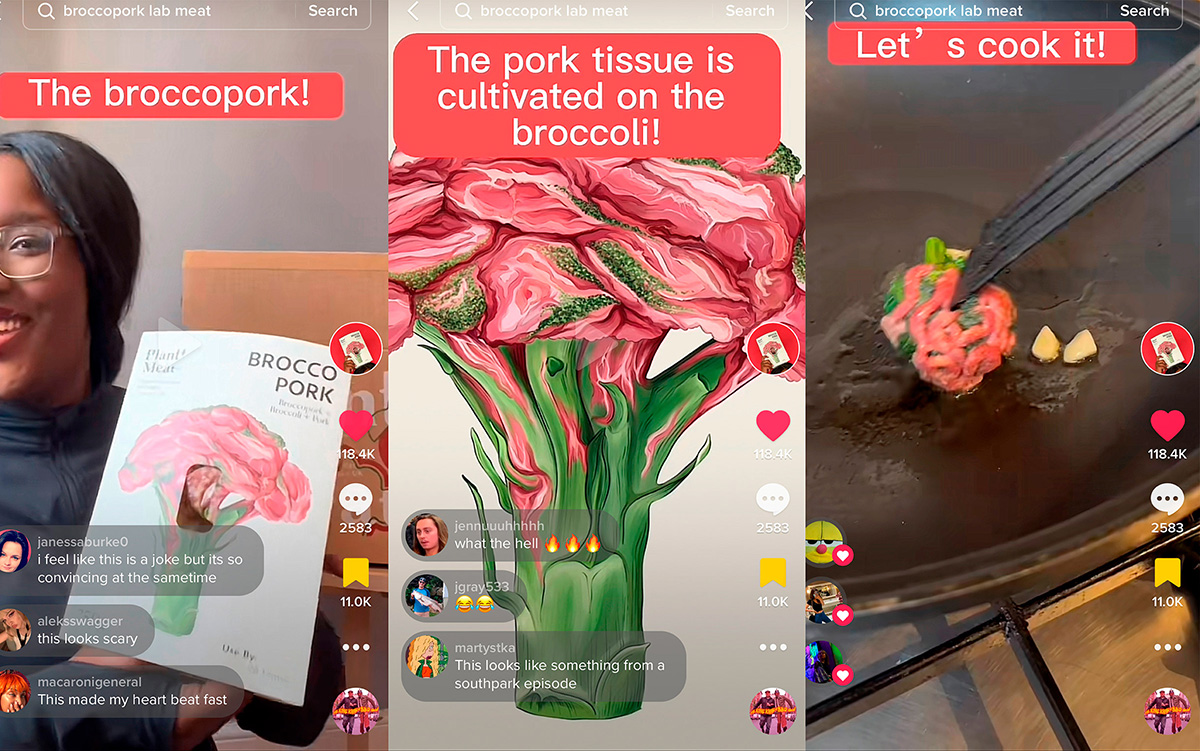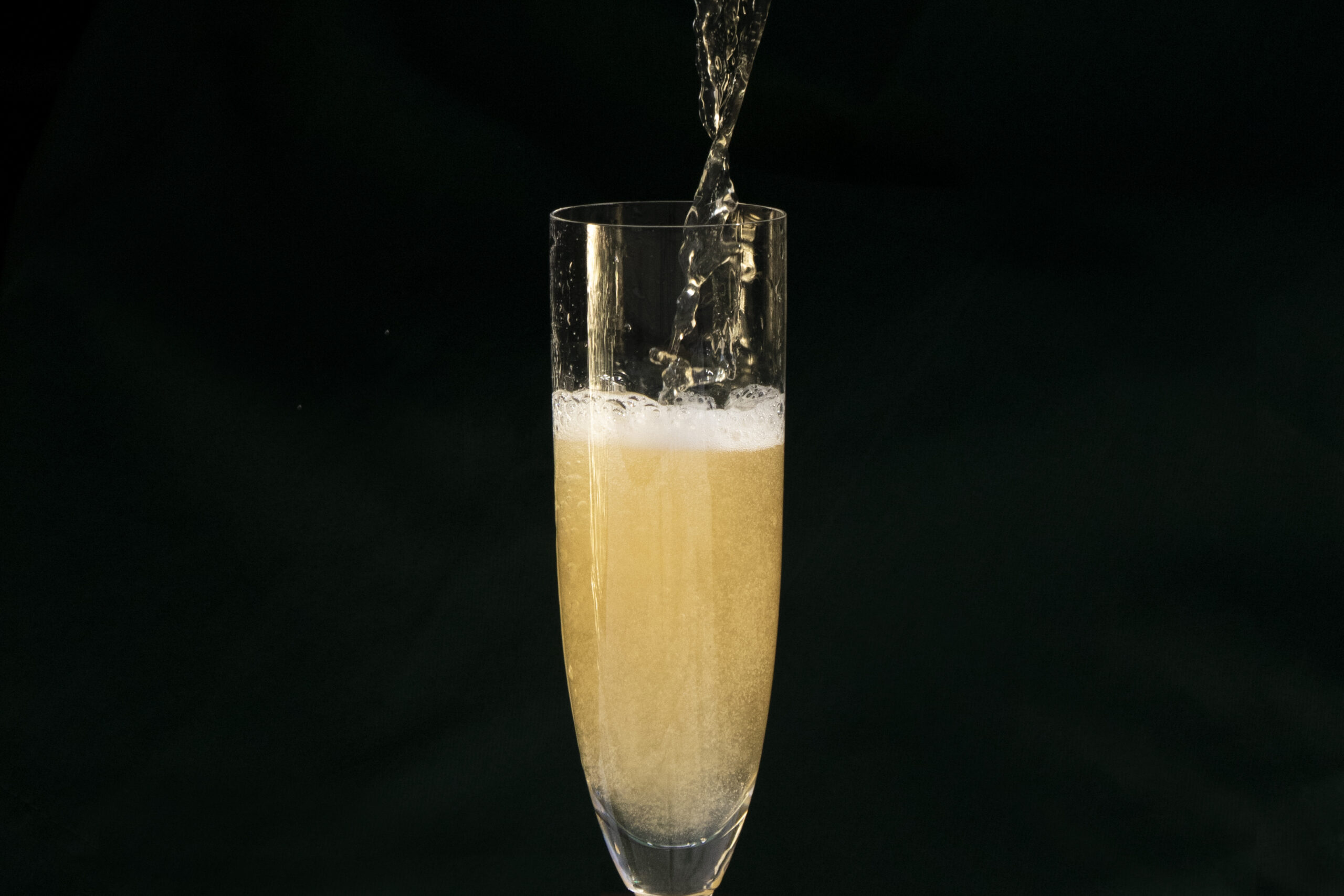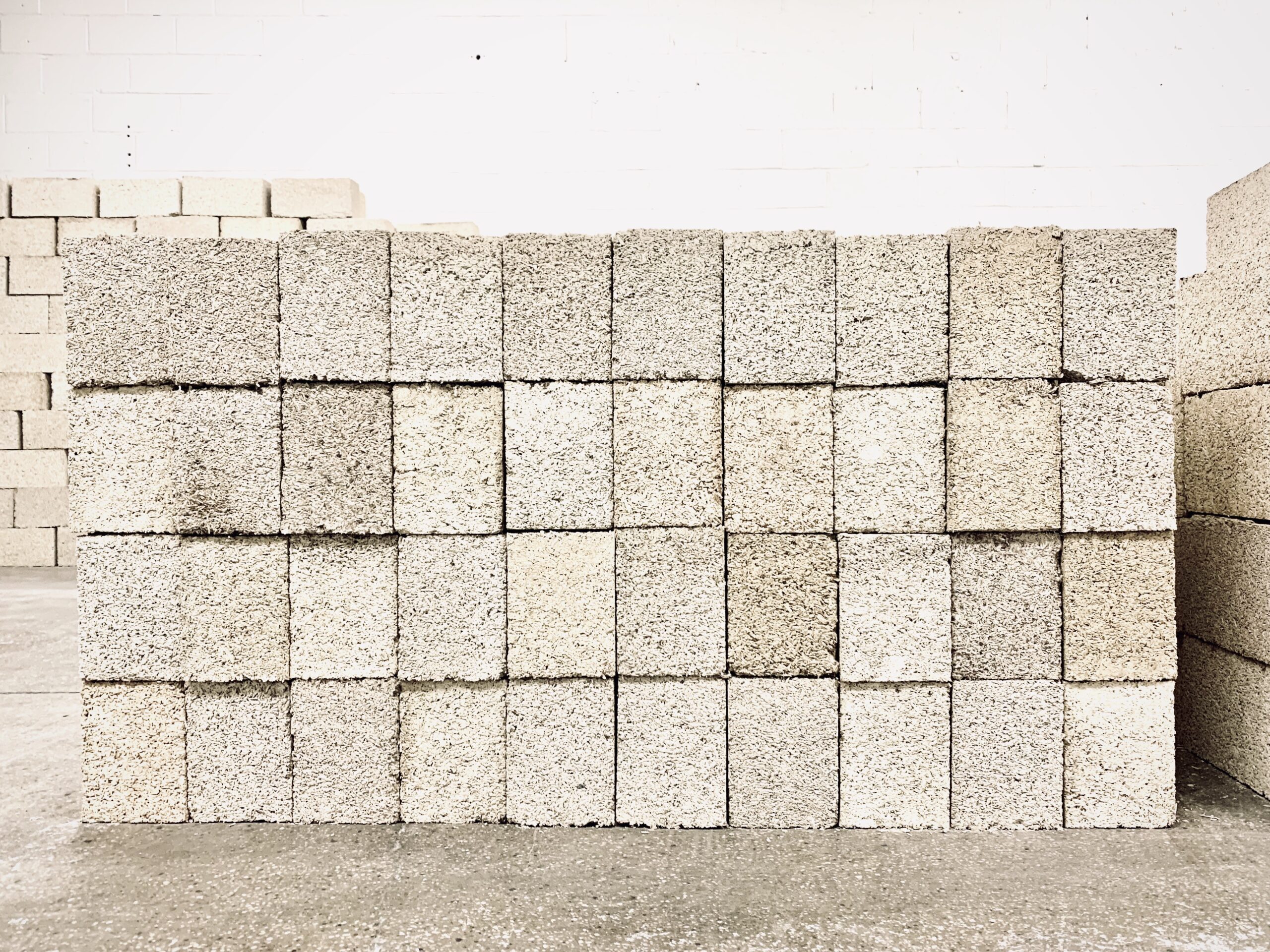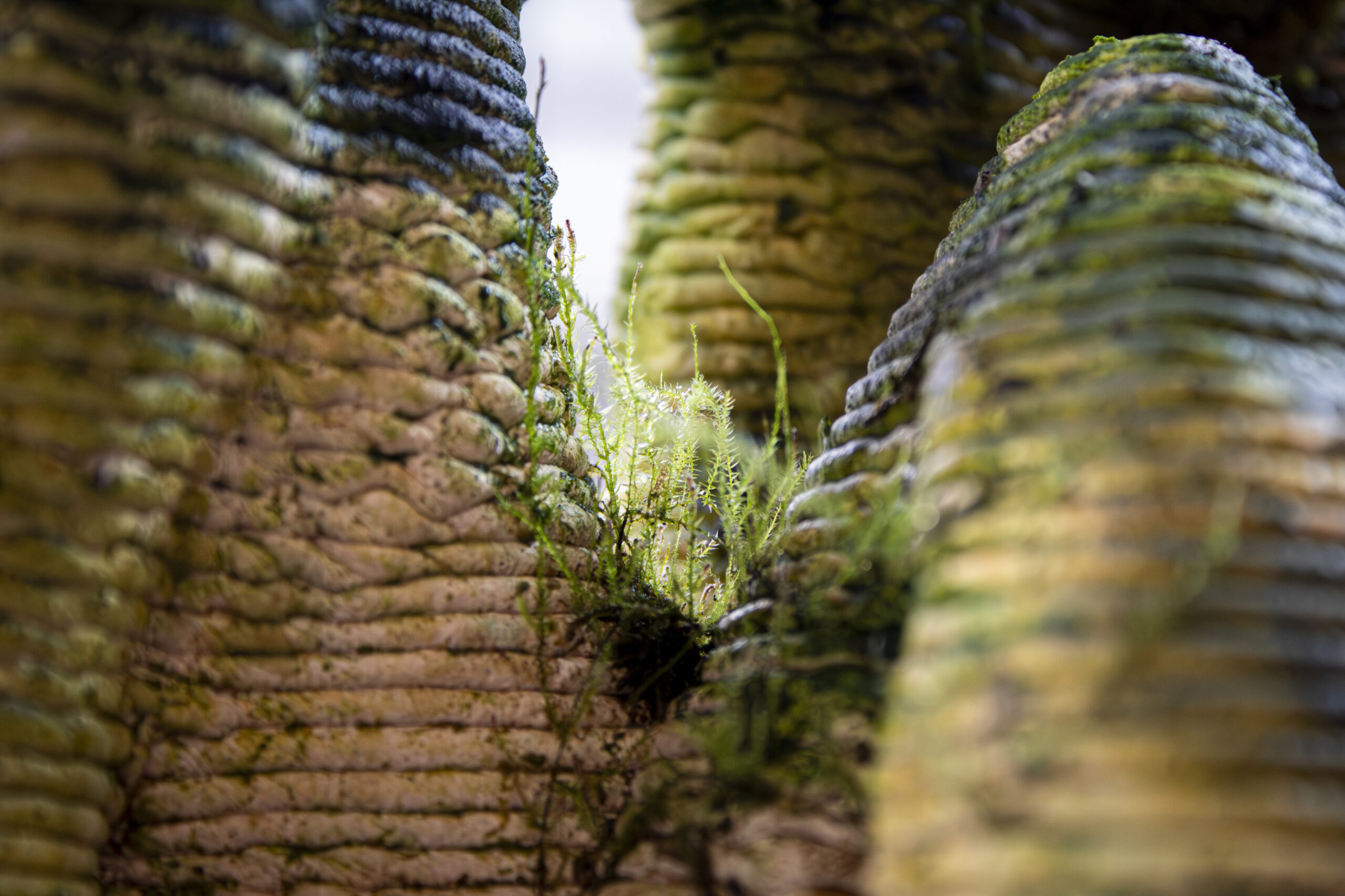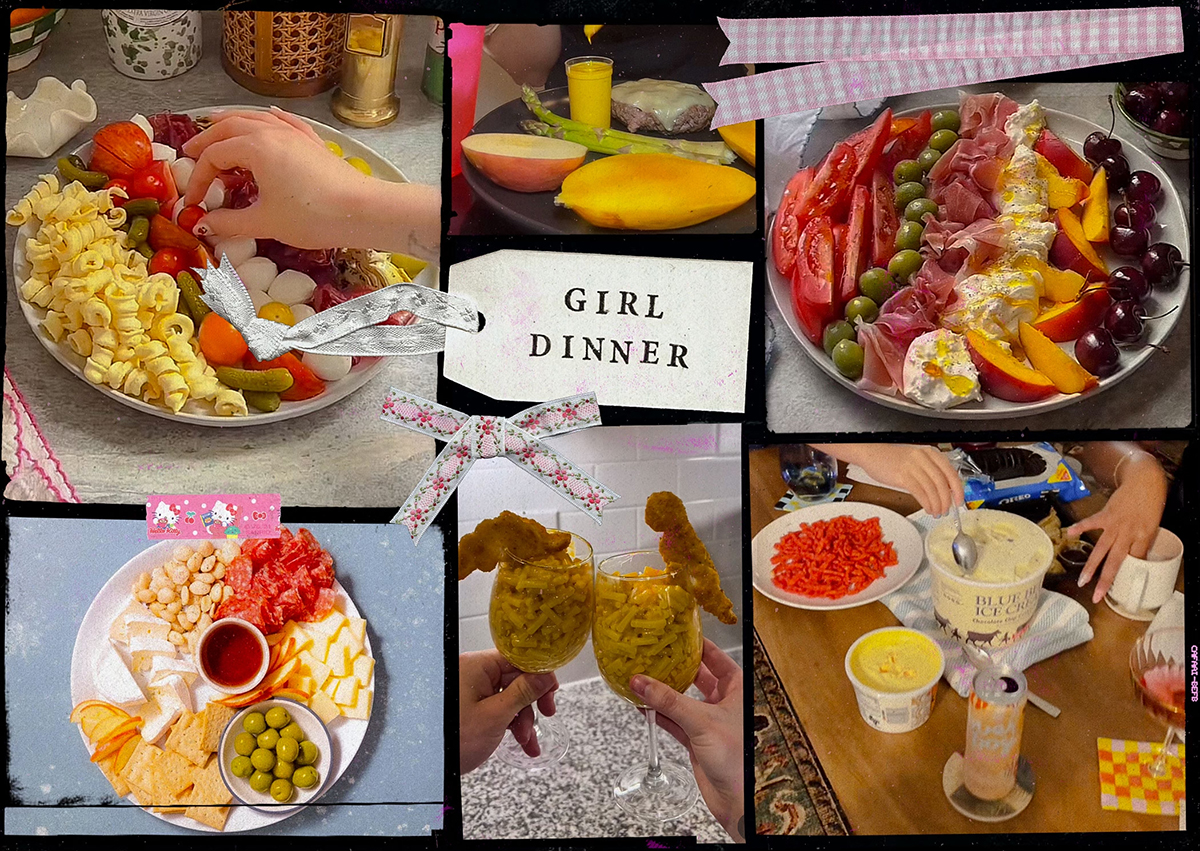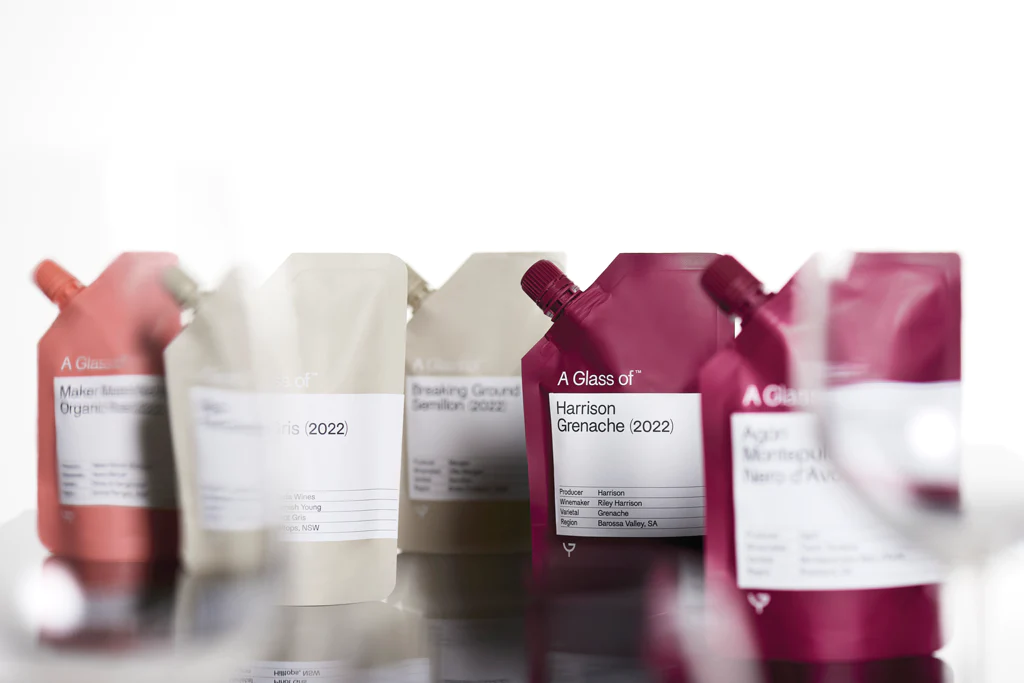In celebration of Black Birders Week, founded in 2020 by a passionate group of Black-identifying birders, under the group Black AF in STEM.
My eyes welled up as I stood in the Native Flora Garden looking at the nape of a Northern Flicker woodpecker. Overcome by emotion, I recognized the beauty birding brought into my life. My first love, basketball, had faded away when I was 17. Extinguished by a heavy sadness, basketball had for so long given me a sense of belonging. I had started playing in the second grade, drawn to an arena where my bigness was celebrated. Anywhere else, I was embarrassed by my body. My elementary school years were spent living in San Jose, California where I was constantly asked by peers if I was “a boy or girl?”. As a cis-gendered relatively medium-brown skin Black girl with naturally nappy hair, I felt something about me must have looked masculine to them. Confused, I wanted to take up so little space no one would notice me. But on the court, my big body had value. I had a place and a use. When I was dressed to hoop, I stood a bit taller.
But I always had sadness lurking in the foreground. It grew more commonplace in high school, like ankle weights making each move harder. It snatched away my many joys: basketball, holidays, aspirations, and most importantly the love I had for myself. In their place seeped a short-sighted survival mode laced with anxiety. I had difficulty completing tasks. Some days the hardest thing was convincing myself to keep going. To attend my classes, to clock in to work, to maintain some social appearance. I was looking through a keyhole. Amidst waves of grief and thoughts of apathy, I held on to the possibility that one day I would have more happy moments than sad ones. I didn’t dream of money or a successful career, a wedding or motherhood, academic achievement, or even a boyfriend. My biggest desire was to not be in what felt like a constant state of mourning.
In my early 30s the positive self regard I fought to imitate in my 20s manifested. I tried being kind to myself and found I enjoyed my own company. If I said or did something I didn’t like, I reflected on it and modified my behavior. I worked on being a person of integrity, everyday “tryna be mo’ better,” as my old professor used to say. I listened to leaders of radical self love like Sonya Renee Taylor. Hearing their words of encouragement in my mind helped me voice my own. “You don’t have to love the things about your body that you don’t love and you don’t have to hate them either.” I had been carrying this negative perception about my body—my fat, my height, my weight—since I was 3 years old. It was so heavy I had to release it for fear that I would spend the next 30, 40, 50 years drowning underneath it. I realized that external acceptance wasn’t coming to save me and approval from others would not sustain me. I shed friendships that no longer felt good, and deepened those that felt positive and insightful. At my heaviest weight to date, I felt the best in my body, and the happiest in my mind. I was finally able to feel good about taking up space with my body and began wearing platform shoes and exploring my style more. Around 33 I knew I would be okay. I knew that it was possible, even with depression, to have more days where I was happy or content, than days where I was apathetic or sad.
I was most pleased that peace came from me. Not a romantic relationship, not a physical transformation, not a drastic increase in income, but a mundane daily act of reminding myself that I am loved by me.
During the 2020 pandemic, I was furloughed and eventually laid off. For the first time in my life, I had time, and few external forces to structure it. The open days stretch ahead of me, and I created my own routine to fend off the anxiety of unemployment, of worrying what was next. I walked around my Brooklyn neighborhood every day, past the beautifully landscaped front yards, the Jamaican juice shop with vegan patties, bodegas and honking cars of Flatbush. I ran 2 to 3 times a week at the park. I cooked, able to prepare meals that felt far different from the rote task of fueling my body. I submitted job applications. I attended numerous protests for Black lives. I read novels. Though clouds of panic would periodically engulf me, I felt grounded enough to know they would pass. I routinely fell asleep before 12 AM for the first time in over a decade.
My favorite place was the Brooklyn Botanic Garden. I visited it almost every day. There, I felt privileged for the ability to enjoy nature, to witness what the change of seasons looked like on every plant and tree. To be surrounded by nature while also being able to sit at a cafe with a warm drink. I embraced the cold air and the solitude that came from exploring outdoors when most people opted to stay inside during cooler months.
One day in late November a friend drove up from Philadelphia with a surprising gift: a pair of binoculars. She had recently taken up birding. I loved how excited she was speaking of her bird sightings but hadn’t thought about the activity for myself. We immediately headed to Prospect Park to see what we could find. I pointed towards the ground, where a small unassuming brown bird kicked up fallen leaves. “White-throated sparrow.” I focused my binoculars on it, seeing its details for the first time. There is a white throat! And white lines on the head, different shades of brown on the back and wings, gray and white on the belly, and a patch of yellow above the eyes. This little brown bird is beautiful! Once I realized every field mark I missed upon first glance and how close binoculars allowed me to get, I was hooked.
I began birding every day. I was in awe of not just how many birds there were, but all the vivid details of their lives: the field markings, the birdsongs, the movements they made, the sounds that transpired, their behaviors. I felt an emotional connection to this activity that I could do alone and do in community with others. I even had dreams I was birding and would spot fantastical species. Birding became what Octavia Butler referred to as a positive obsession, “a way of aiming yourself, your life, at your chosen target.”
In December, a few weeks deep into birding, I spotted a red patch through the trees of the Brooklyn Botanic Garden. I felt a jolt of dopamine, realizing it was a bird species that I had not seen before. I frantically moved to get a better view and saw a creamy tan cheek and black spots down a beige body. It took off, expanding its feathers and revealing the most beautiful bright yellow underwings. I instantly began to cry. I loved this feeling of happy crying. I felt a surge of gratitude that my heart was in a healthy place to experience this love. I opened my guidebook and learned that I had just seen a Northern Flicker. This incredible bird was apparently common, seen year-round in most of the country. What else surrounded me that I might be missing? I immediately thought of the other possibilities in my life for love.
I was 34 and had never been in love with a person or in a long-term relationship. I was content with myself; had finally found a way to care for myself. I was open to having a partner and being a mom, but it was not a necessity for my life. When this joy for birding came over me, I thought about the prospect of having a partner and sharing love with him, of having a child and sharing love with them. A space inside me opened to love in a completely different way. I felt transformed. The unexpected way that birding came into my life at a time when I was already in such a good place felt like a process of abundance. Birding made my life fuller and more beautiful without me seeking it. It made me realize that even when I am content, I should be available for love that I hadn’t yet experienced and that it could also bring me new joys.
Although at times I still ebb and flow between feeling deep apathy and deep empathy, on my hardest days, birding keeps me grounded in the present. My love for birding is a privilege and it has improved my quality of life. I am currently 37 and I love birding. I love my husband, whom I make go birding with me. I love our baby, who also joins my birding. And I love myself, a Black woman writer and birder in Brooklyn.
Join Indigo Goodson-Fields for Birding, Poetry & Power, a monthly bird walk in collaboration with our sister collective, Field Meridians.
